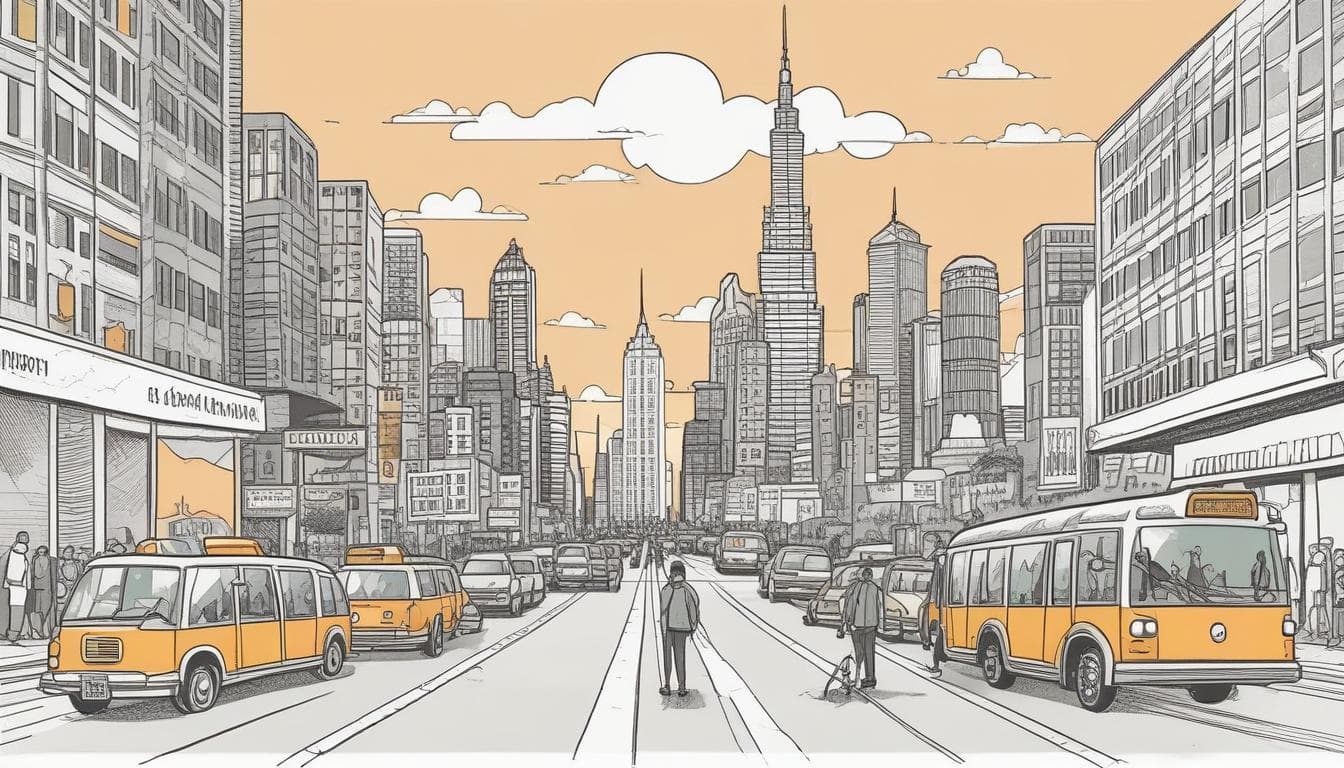With the rise of AI in vehicles, how might our emotional connection to cars evolve? Will we develop deeper bonds with our AI companions on wheels, or will the increasing automation lead to a decline in the sentimental value we place on automobiles?
That's a fascinating question! The rise of AI in vehicles could dramatically reshape our relationship with cars. It's not a simple case of either deeper bonds or diminished sentimental value; it's likely to be more nuanced.
Potential for Deeper Bonds
- Personalized Experiences: AI could create highly personalized driving experiences, learning our preferences and adapting to our moods. Imagine a car that anticipates your need for a calming drive after a stressful day or plays your favorite music based on your current emotional state. This level of personalization could foster a stronger sense of connection.
- Proactive Care and Support: AI-powered systems can monitor the vehicle's health and predict potential issues, providing proactive maintenance and support. This could reduce anxiety and increase trust, strengthening the bond between owner and vehicle.
- Companionship: For some, the car might become more of a companion, engaging in conversation or providing assistance and information. This is particularly relevant for people who spend significant time commuting or traveling alone.
Potential for Diminished Sentimental Value
- Depersonalization: If the driving experience becomes too automated, the human element could be diminished, reducing the sense of personal connection and control. The car might feel less like an extension of ourselves and more like a sophisticated appliance.
- Increased Transactionality: With the rise of subscription models and autonomous vehicles, the car may become less of a long-term investment and more of a consumable service. This shift in ownership could lead to a decrease in the sentimental value placed on individual vehicles. Read more about the shift in car ownership with subscription services.
- Reduced Engagement: As cars become more autonomous, the act of driving itself – which for many is a source of enjoyment and personal expression – could become less significant. This could impact the emotional connection to the vehicle.
The Future Landscape
Ultimately, the evolution of our emotional connection to cars will likely depend on how AI is integrated and the choices made by automakers. Will they prioritize personalization and human-centered design, or will they focus solely on automation and efficiency? The answer to your question will depend on this critical design choice. We might see a divergence, with some individuals forming deep bonds with their AI-powered cars while others maintain a more transactional relationship. Further discussion about the impact of AI on the automotive industry as a whole would be beneficial. Check out this article about the AI revolution in automotive for more insights.
このトピックについてさらに詳しく探る
会話に参加する
- 自動運転車が地方都市を救う?未来の都市像を一緒に考えよう!
自動運転車の普及が地方都市にもたらす影響について、交通インフラ整備、地域経済、住民生活の変化など多角的な視点から議論しましょう。未来の都市像を共に描き、活性化の鍵を探るための意見交換の場です。
- 車が感情を持ったら?未来の移動体験を想像しよう!
もし車が感情を持つようになったら、私たちの生活はどう変わるのか?自動運転技術の進化によって、車は私たちの感情を理解するパートナーになるかもしれません。喜び、悲しみ、興奮など、感情を共有する未来の移動体験について語り合いましょう。
- 車が夢を見たら?:自動運転車と夢の共有が未来を変える?
自動運転車が夢を見る未来…車のAIが人間の感情や記憶を学習し、夢を共有できるようになったら、私たちの生活はどう変わる?車から得られる情報やインスピレーションの可能性とは?





